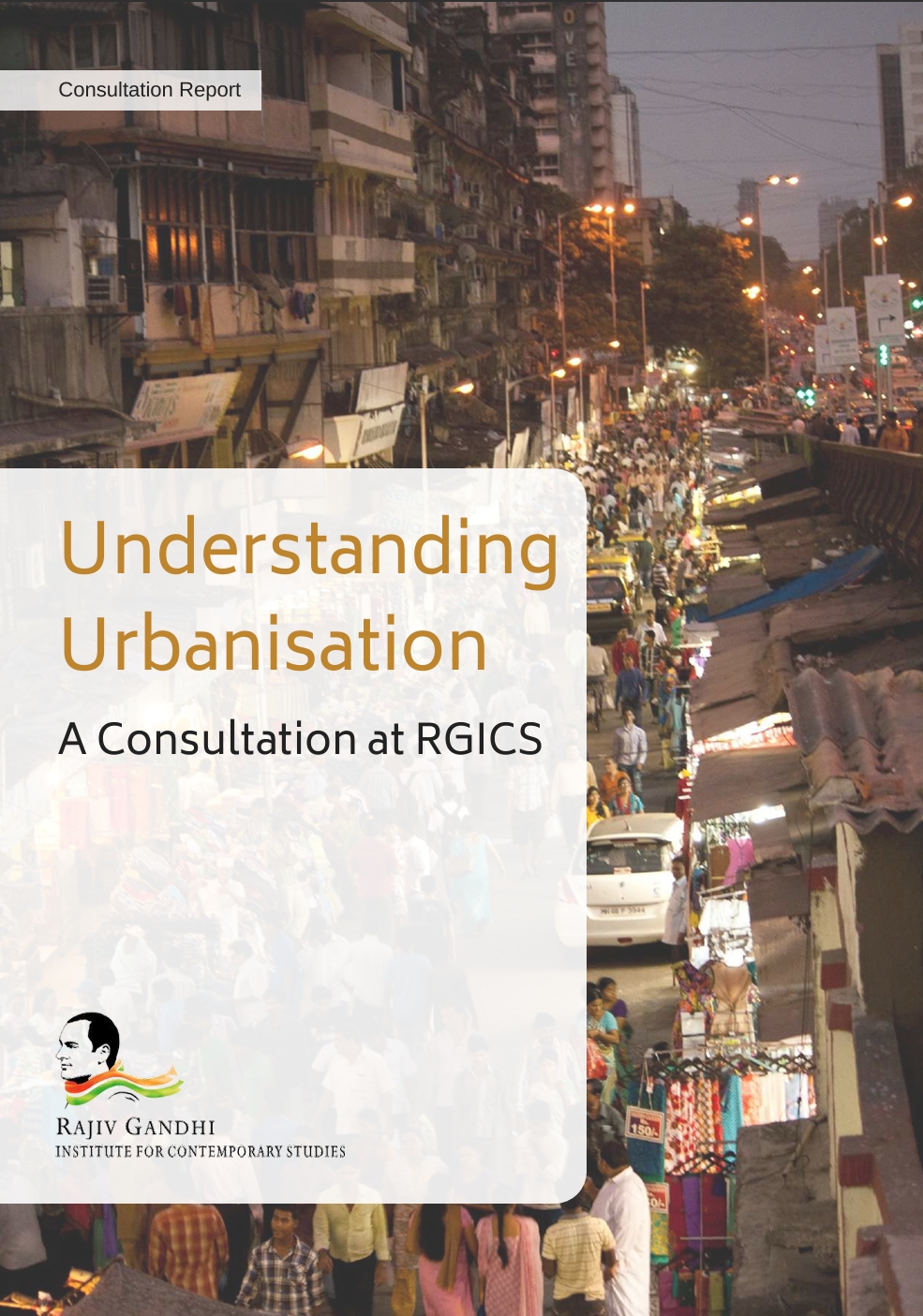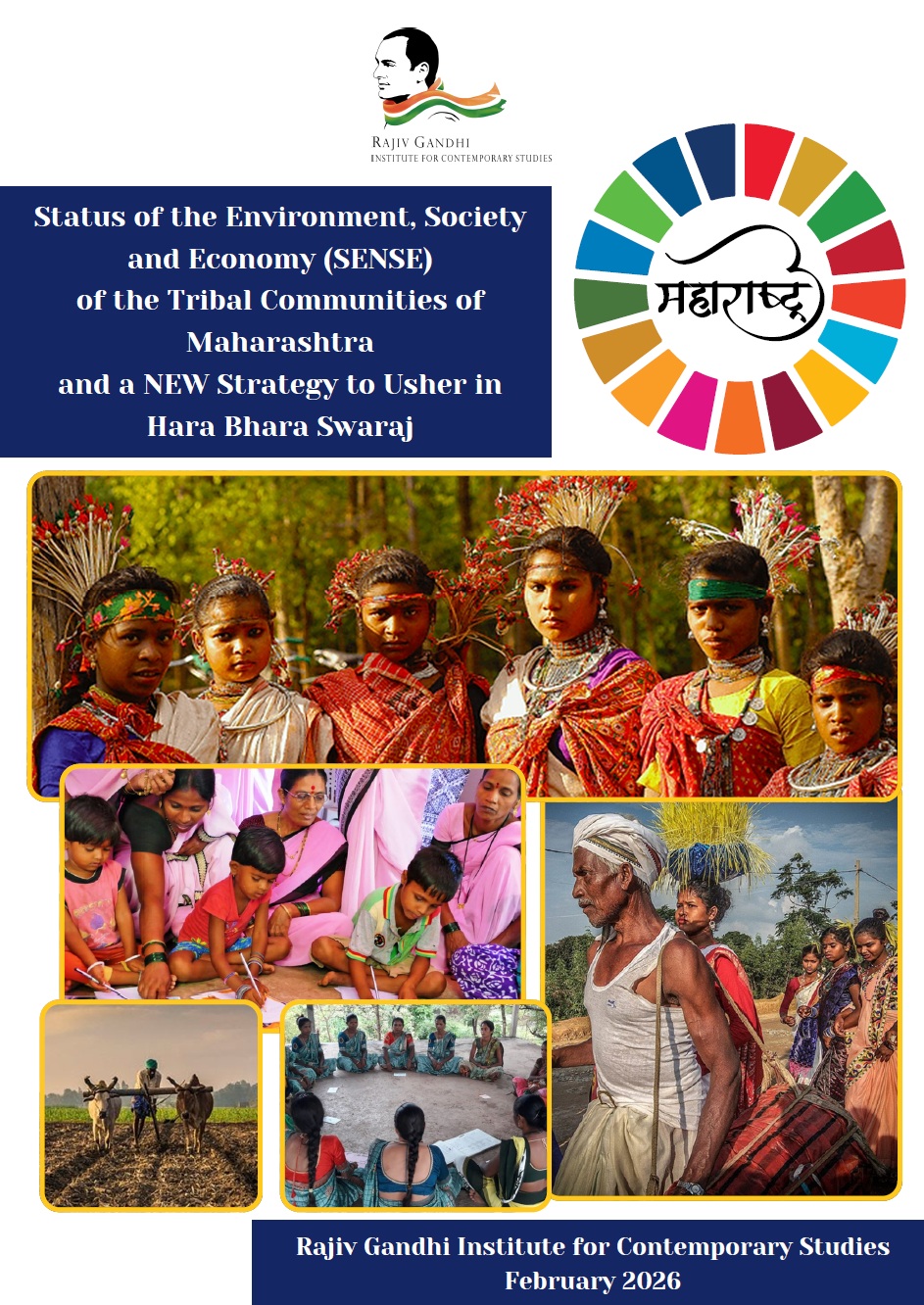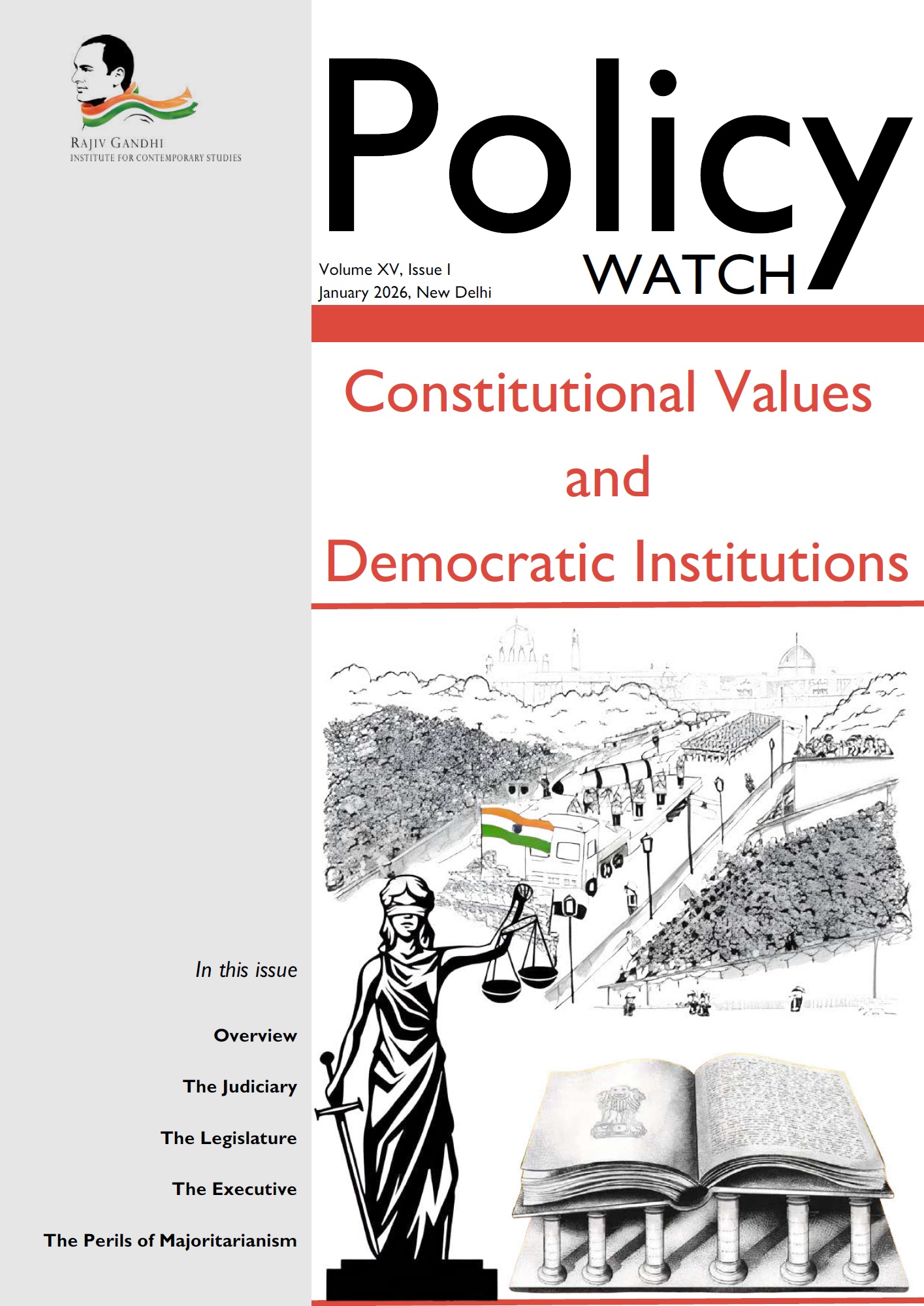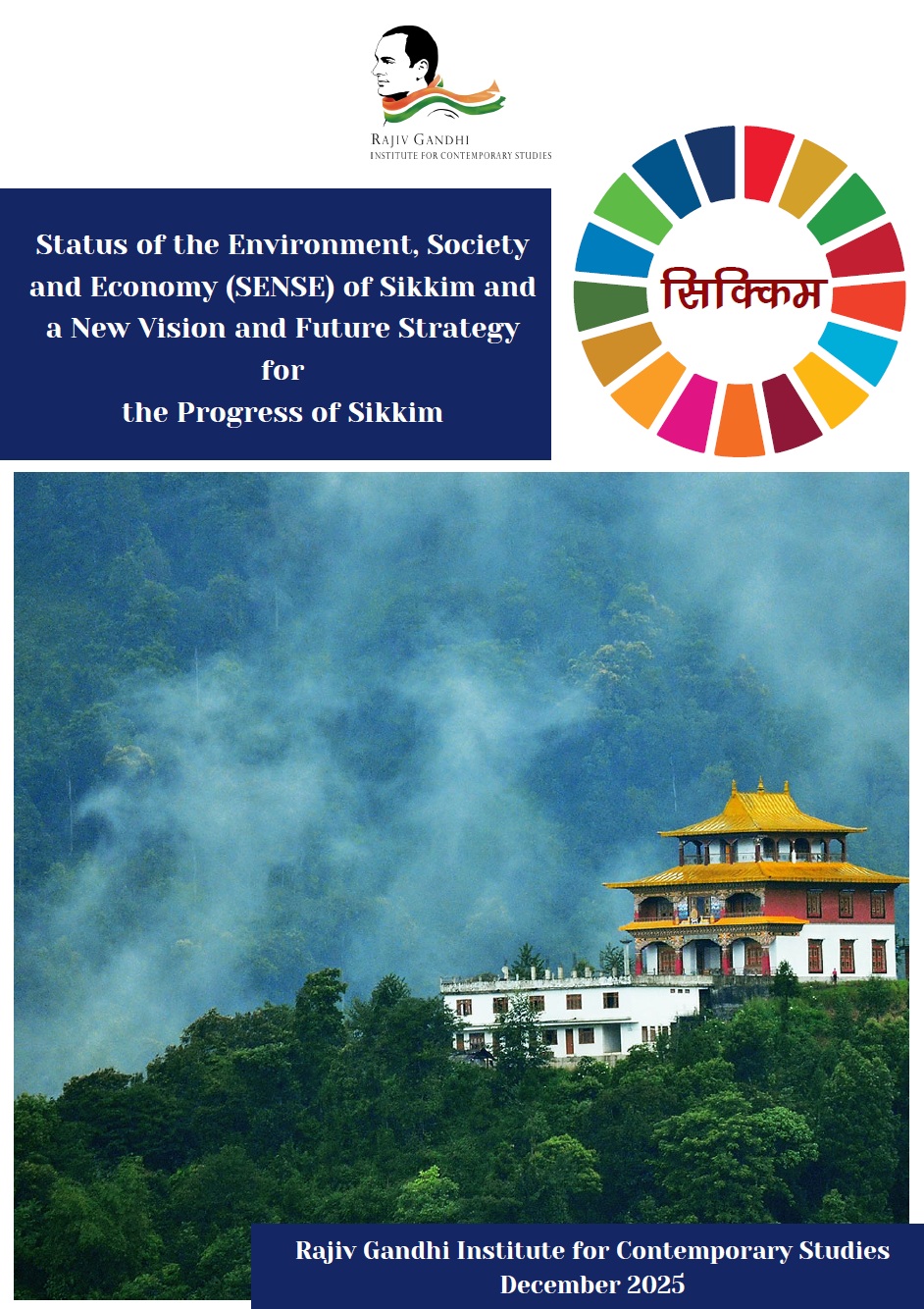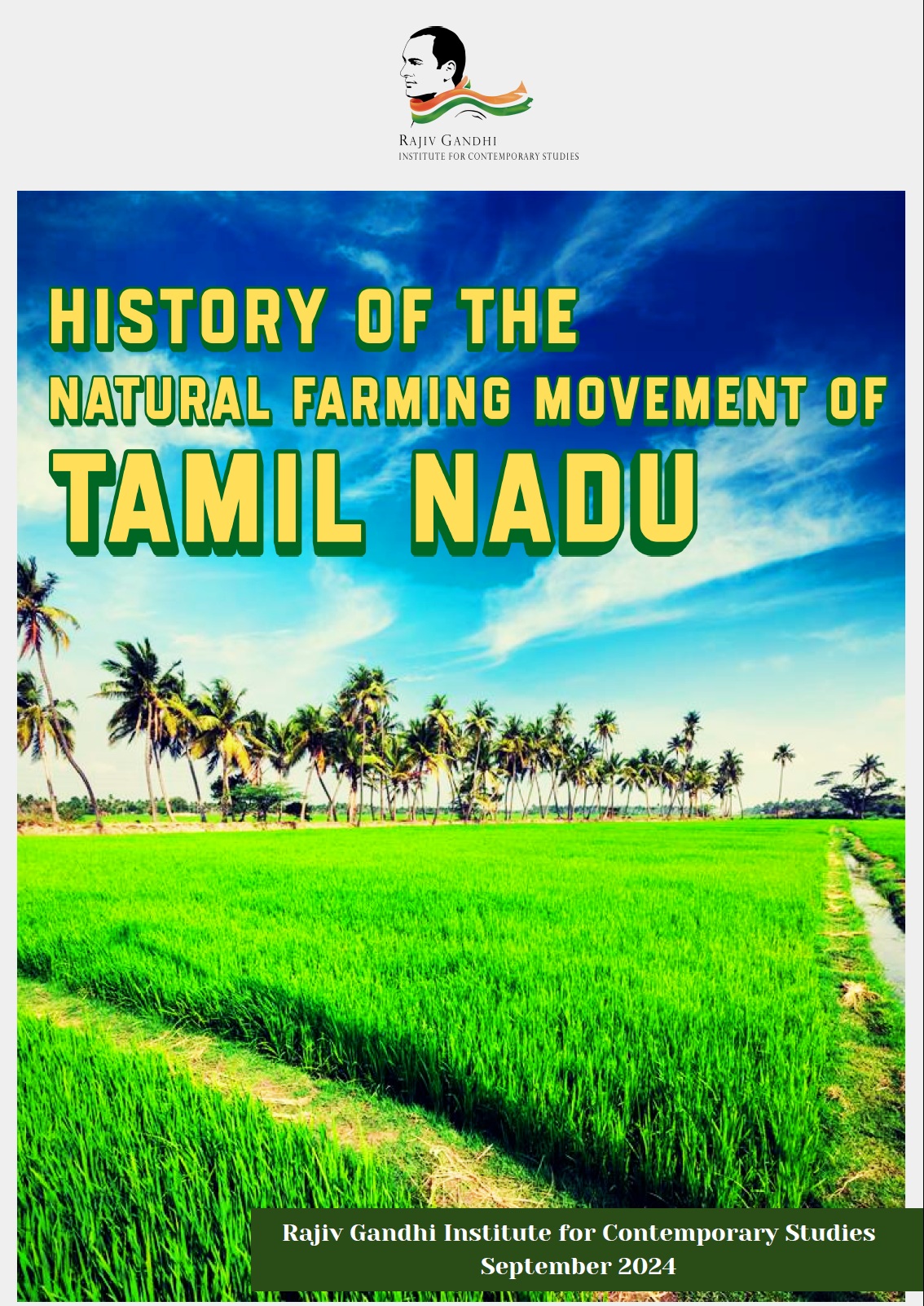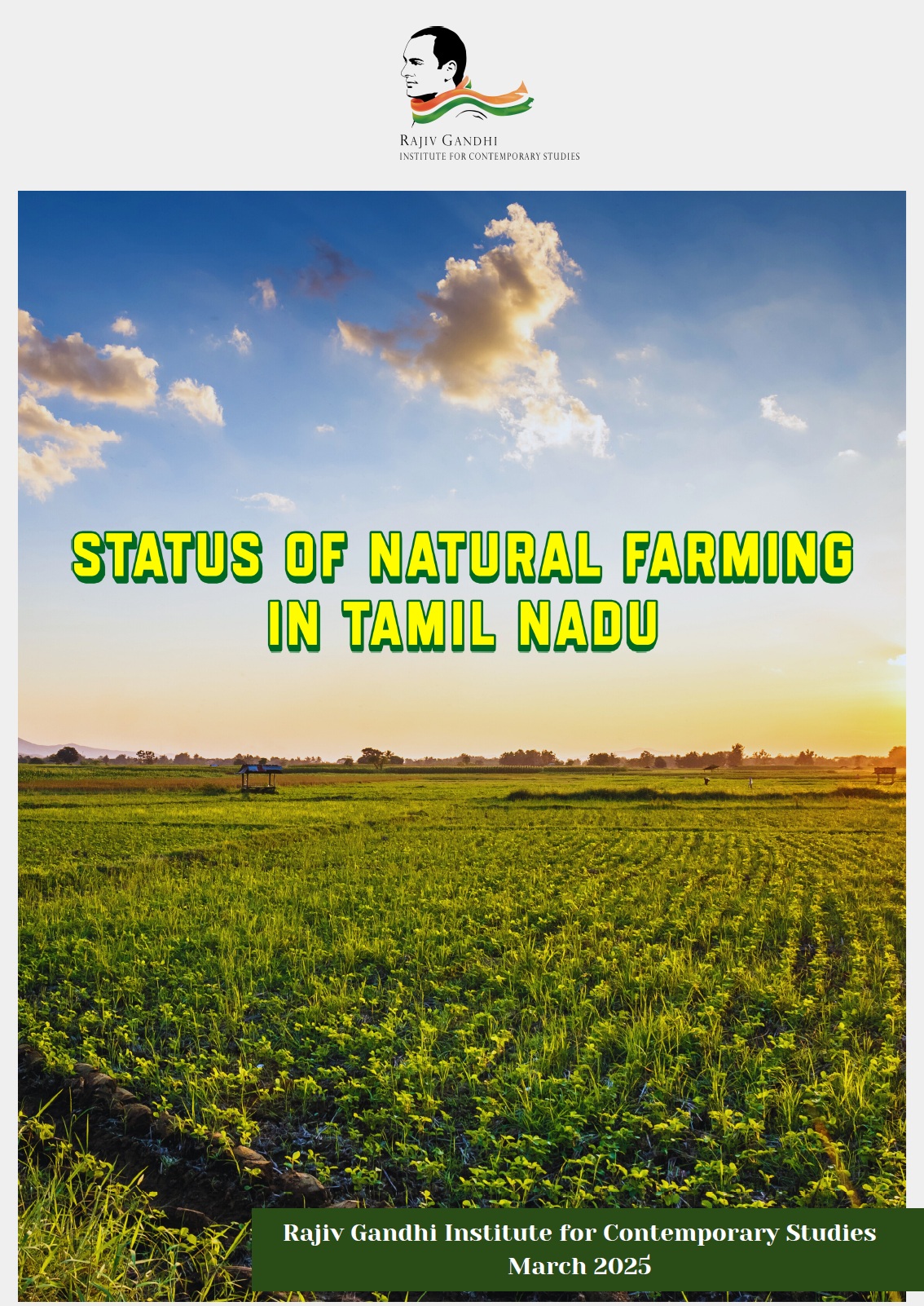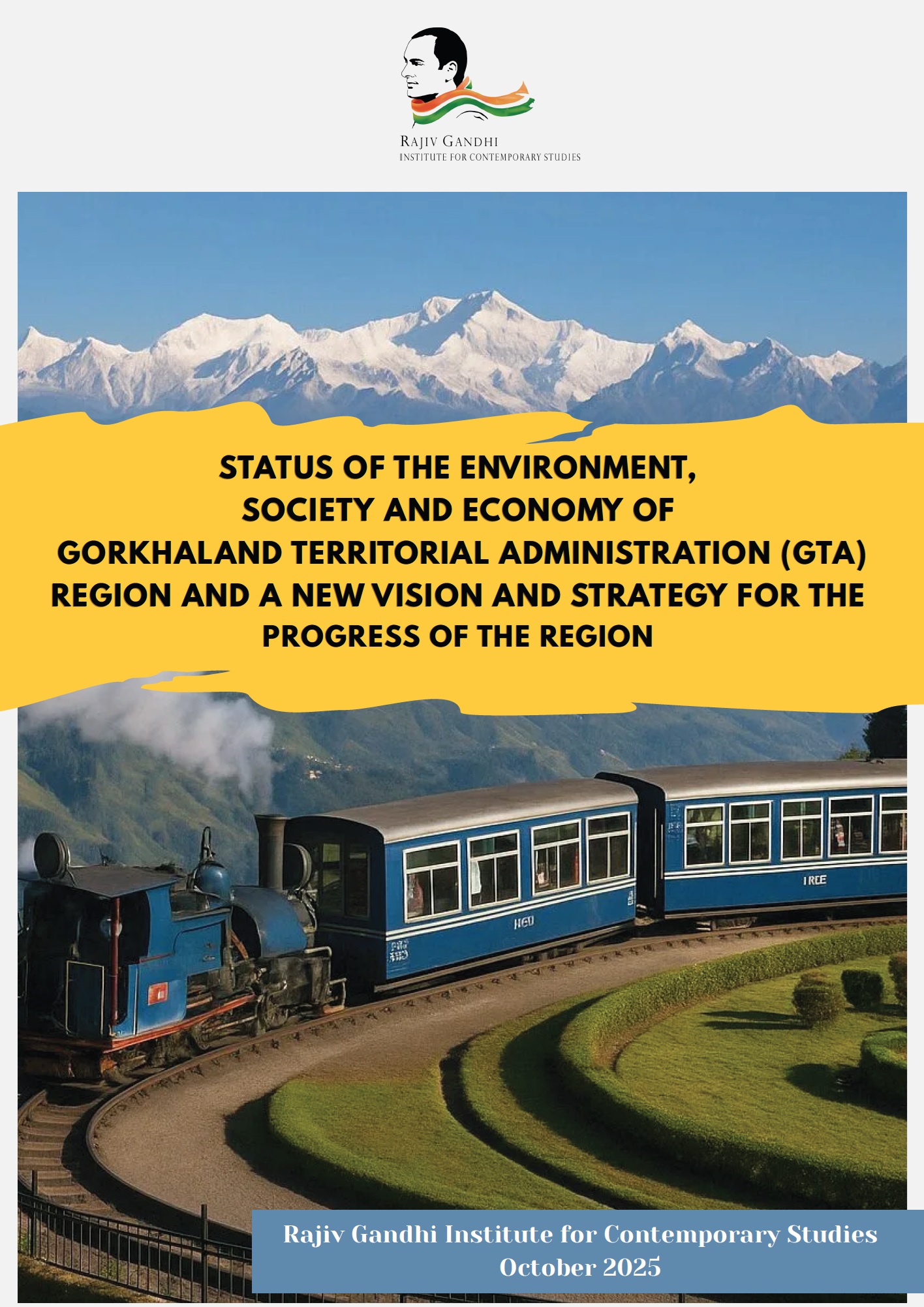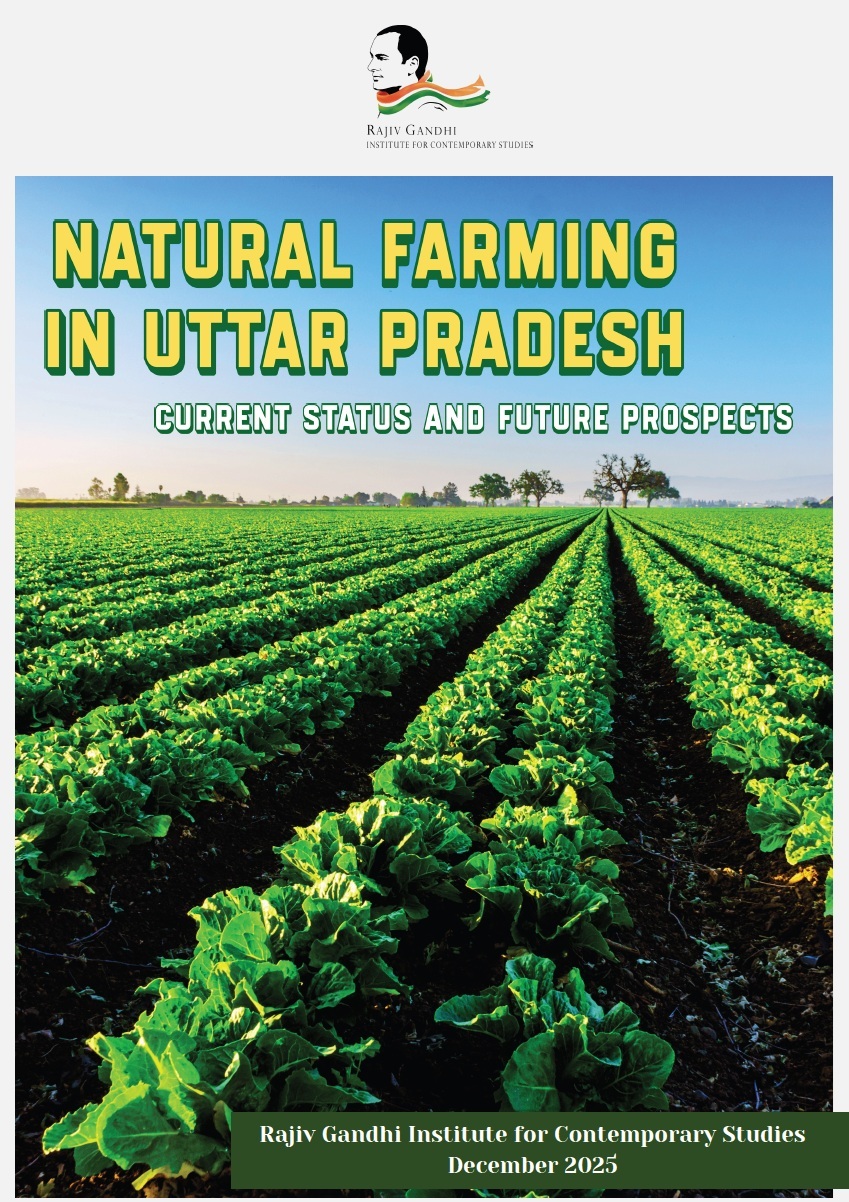India’s cities are expanding rapidly, home to nearly 30% of the population and generating over 50% of the country’s economy. However, they are struggling to keep up with this growth. Urban Local Bodies (ULBs) remain underfunded and lack the authority to make independent decisions, leaving essential services like housing, sanitation, and public transport underdeveloped. Citizens often feel disconnected from governance, as participation in local decision-making remains weak. Additionally, unemployment is rising, especially in informal sectors, and environmental challenges like water shortages and pollution are worsening. The consultation organized by the Rajiv Gandhi Institute for Contemporary Studies (RGICS) emphasized that without serious reforms in governance, finance, and planning, Indian cities will face increasing difficulties in sustaining growth.
India’s urbanization is happening at an unprecedented rate, but cities are struggling to manage the pressure. Though local governments were supposed to be strengthened under the 74th Constitutional Amendment Act, state governments continue to hold most of the power, leaving municipalities dependent on higher authorities for funding and approvals. This has created a governance gap where urban issues—like poor infrastructure, lack of affordable housing, and inefficient transport systems—persist without effective solutions.
Another major concern is the lack of public involvement in governance. While structures like Ward Committees and Gram Sabhas exist, they are rarely active, making decision-making a top-down process. Employment opportunities, particularly in the informal sector, remain unstable, with 90% of jobs lacking security or benefits. Women’s workforce participation is increasing, but safety concerns and poor public transport hinder progress.
To fix these issues, the consultation suggests empowering local governments with financial independence, ensuring greater citizen participation, and adopting sustainable planning practices. Instead of focusing only on Smart Cities, a shift toward “Samarth Zillas”—self-sufficient districts—could help create more inclusive and resilient urban spaces for the future.
Keywords: Urbanisation, Governance, Civic Engagement, Urban Local Bodies (ULBs), Infrastructure, Employment, Financing, Planning and Management, Sustainability, Decentralisation
Understanding Urbanisation: A Consultation at RGICS
Send download link to:

